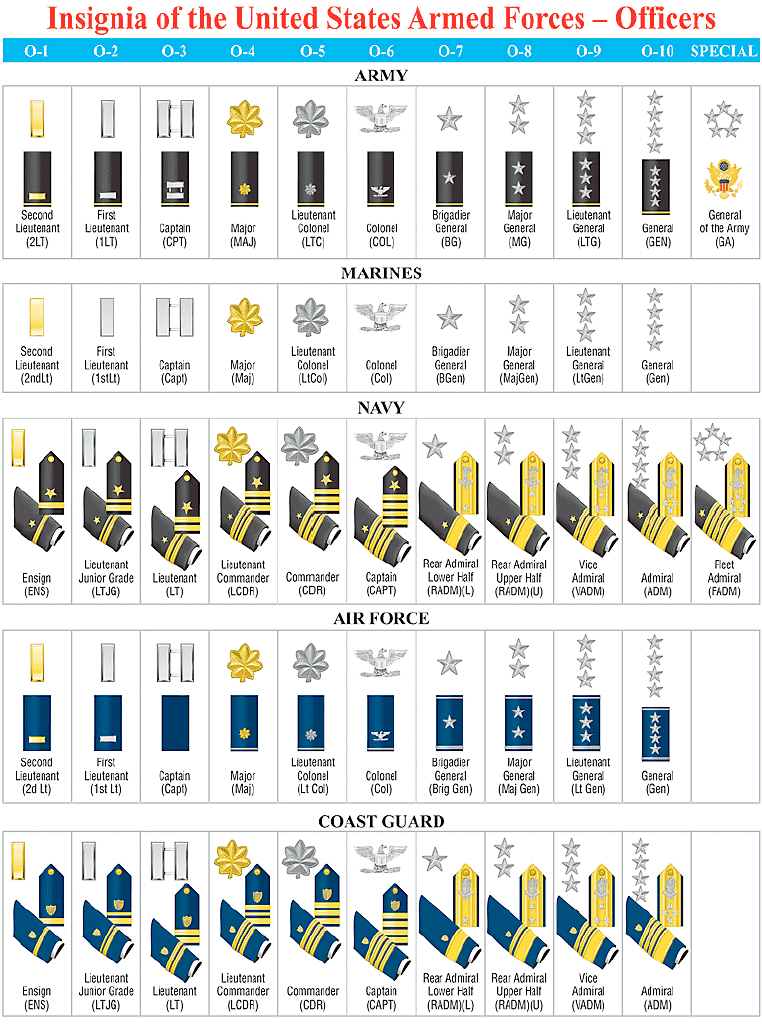 My UK school days have receded into the far too dim-and-distant past, but I still remember our uniform.
My UK school days have receded into the far too dim-and-distant past, but I still remember our uniform.
Through 9th grade, the winter uniform at our all-girls school (junior high and high combined) was a traditional gray pinafore (skirt and bib), with striped shirt. 10th graders, however, were allowed to ditch the bib and wear a plain gray skirt. (The ultimate was in the final two years at senior and prefect level, when dress-code was further extended to any style of black skirt and solid color shirt.)
A typical ruse of the 9th graders (and later even 8th graders) was to unstitch the bib from the skirt, and replace with some kind of temporary fastening (velcro, poppers, or even just safety pins)! During the day, the bib was dutifully attached, with no outward signs of tampering. However, as soon as they left school premises in the afternoon, to head off into town or meet a group of boyfriends, they ripped off the bibs thereby achieving the appearance and status of those a year senior.
Of course, if they got caught by a teacher ‘sans bib’ there was hell to pay, but that just added to their sense of bravado – sounds pretty tame in comparison to what many teens get up to these days, doesn’t it! ![]()
On the other hand, 10th graders were not amused. They felt they’d earned the right to wear their senior uniform with pride, and that that right was undermined and devalued by the rules not being observed. (…and ‘they’, of course, included those who had themselves played the popper-game a year previously!)
 In the military, uniform and rank are strictly observed. Each rank is immediately recognized for exactly what it signifies, by anyone with knowledge of the hierarchy. Officers wear their insignia proudly on their sleeves. There’s no opportunity to hide or misrepresent one’s position.
In the military, uniform and rank are strictly observed. Each rank is immediately recognized for exactly what it signifies, by anyone with knowledge of the hierarchy. Officers wear their insignia proudly on their sleeves. There’s no opportunity to hide or misrepresent one’s position.
Not so in the corporate world.
Decades ago, the title of Secretary was a respected position. A true secretary had excellent typing and shorthand skills, as well as a great deal of responsibility for the smooth running of their bosses’ calendars and lives. Then, mere typists started calling themselves secretaries to inflate their resumes. Firms started advertising for personal secretaries, hoping to attract the cream of the crop, then personal secretaries became executive secretaries, until the word fell into such disrepute that the alternative terms Personal Assistant or Executive Assistant were spawned.
In 2007, Wharton School’s Knowledge@Wharton published an excellent article: Chief Receptionist Officer? Title Inflation Hits the C-Suite, discussing the cheapening of titles, and the reasons behind inflation infatuation! But it’s not just C-level; the same issue pervades every level of the corporate chain.
While companies have figured out that “many times it is cheaper to give people a title increase than a raise increase”, I believe they have created a rod for their own backs, not only by devaluing the titles, but more significantly by demeaning and alienating the employees who have genuinely earned their ‘stripes’.
As the article above notes: “Firms should be deliberate about how they give these title awards out to employees, because each additional person who gets a C-level title dilutes the currency of the title structure.”
How meaningful are titles where you work, and does your HR department care? Have you earned your stripes, or are you one of the unjustifiably bib-less? Do you see over-inflated titles as a necessity to represent your company effectively, or just an ego-trip at the expense of others?
Yours sincerely,
Chief Senior Principal Vice Managing Dogsbody and Bottlewasher
Tagged: hr, management, motivation, teams



















